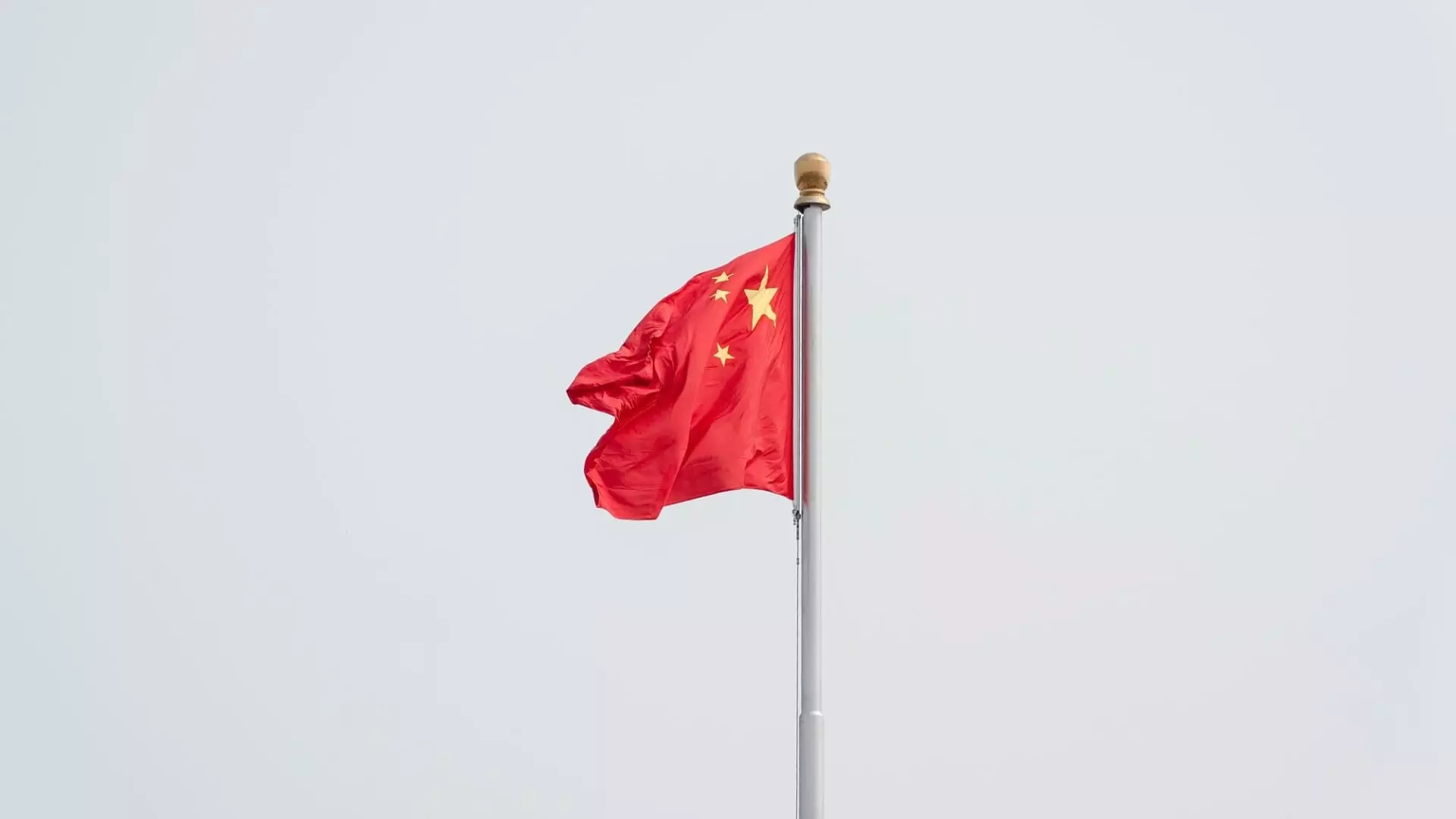China’s real estate issues have been widely discussed, but as the upcoming Third Plenum approaches, analysts are predicting a shift in focus towards other critical areas such as high levels of local government debt and the promotion of advanced manufacturing. This policy meeting, a significant event in the Communist Party’s calendar, is expected to address crucial structural policies and fiscal reforms, aiming to address the challenges faced by Beijing especially in light of the current economic circumstances.
While previous plenums have traditionally centered around economic policies, the upcoming Third Plenum is expected to place a stronger emphasis on financial reform. Analysts like Larry Hu and Dan Wang are anticipating discussions on consolidation in the banking sector, local government finances, and taxation policies. The aim is to find alternative fiscal systems to reduce reliance on land sales which have been under severe pressure due to market fluctuations.
The property sector’s struggles are not isolated issues but are interconnected with local government finances and hidden debt burdens. The HSBC analysts have suggested the imposition of direct taxes on consumption, personal income, and property to diversify revenue sources and promote sustainable financial practices. However, boosting confidence and sentiment in the private sector remains a challenge, especially amid increasing restrictions and market uncertainties.
As the Chinese government tightens regulations on both real estate and finance, the focus is shifting towards developing the manufacturing and tech sectors to enhance competitiveness with the U.S. The emphasis is on constraining the financial industry to promote innovation and sustainable growth. This transition requires careful planning and execution, considering the complex interplay of factors affecting the economy.
China’s long-term vision includes comprehensive reform and the advancement of the socialist market economy to achieve modernization by 2035. The objectives aim for a high-standard economy with per capita GDP comparable to moderately developed countries, an expanded middle-income group, and reduced income disparities. However, achieving these goals in the aftermath of the pandemic and amid geopolitical tensions presents a formidable challenge.
While income inequality is a global issue, recent research indicates growing concerns about unequal opportunities in China. Surveys have shown a perception of declining economic situations across income brackets, reflecting anxieties about limited opportunities and fairness. As the economy slows down, there is a heightened awareness of inequality and the need for structural reforms to address these pressing issues.
The real estate situation in China is just one facet of a broader economic landscape undergoing significant transformations. The upcoming Third Plenum offers a crucial opportunity to address key challenges, implement financial reforms, and steer the economy towards sustainable growth. By focusing on innovation, fiscal restructuring, and social equity, China aims to navigate through uncertainties and achieve its long-term development goals.

